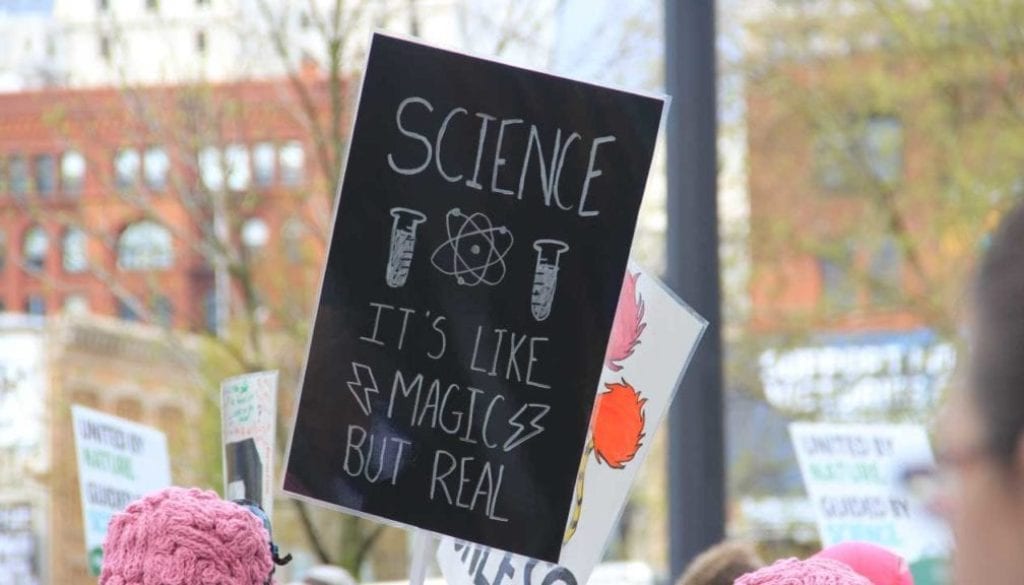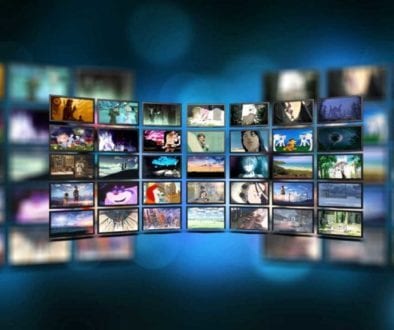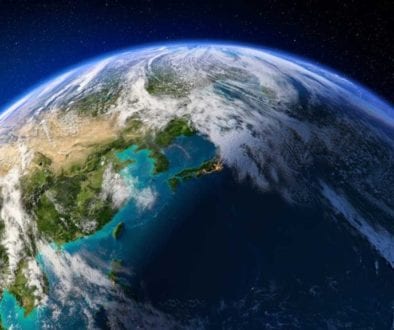Picking and Choosing. Stepping Up to the Science Buffet.
The older I get, the more appreciation I have for science. Science has brought us so many amazing products, services, understanding, and quality of life enhancements.
For the last 200 years or so each successive generation lives a little bit better than their parents. We live longer, we are generally more healthy, and our daily lives are made just a little bit easier by science.
From antibiotics when we have a bacterial infection, to vaccinations to protect us from viruses, we all benefit. Our smartphones are supercomputers compared to the best computers from just 10 years ago and have access to virtually all the information in all the library‘s on the planet instantly. Not to mention that people can communicate all around the globe in real-time, capture audio and video, and distribute it all around the world. And, in doing so, contribute unimaginably large amounts of data for machine learning and artificial intelligence to improve our lives even more.
That being said, it always baffles me when I see people who take advantage of all of these innovations every day and don’t even stop to think about how they work or why they work.
I’ll take a little penicillin when I have a bacterial infection, I’ll take a little GPS to travel from one side of the country to the other, I’ll take a little video conferencing to see and hear someone on the other side of the planet, I’ll take a little Internet to investigate and educate myself on a seemingly infinite number of topics. But, when it comes to how I got here, or if there a creator, and a host of other typically human questions we ask ourselves, so many people abandon science.
I once heard someone say science is not a buffet you can walk up to you and pick and choose what you would like and what you would not like. A scientific fact is deemed as such because it is always true in every situation. I can’t think of a more perfect example of people blindly relying on technology and science for 90% of their lives but not listening to someone like Dr. Anthony Fauci who has a 40-year track record of studying epidemiology. I don’t wanna wear a mask. People die from all kinds of other diseases every day. These are just a few examples of statements I’ve heard people make as they abandon science and replace it with their own political or religious persuasion.
The science of epidemiology and medicine, in general, is as accurate as gravity, GPS, and all other sciences. Shouldn’t we strive to embrace all of the sciences and not just those that are convenient for us to believe in because they make us happier, wealthier, etc.?



